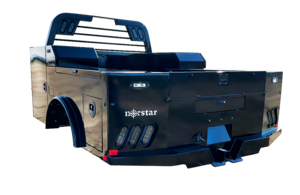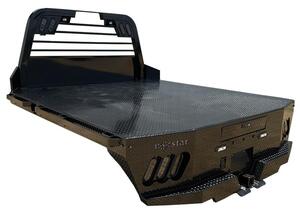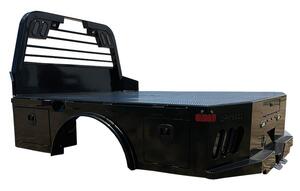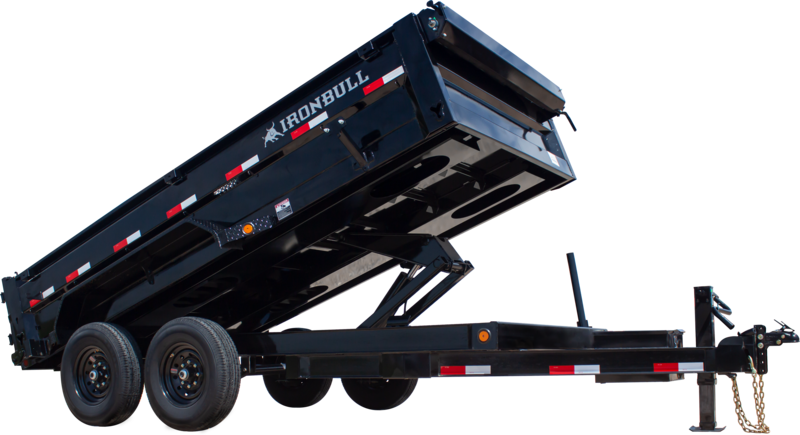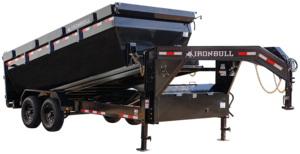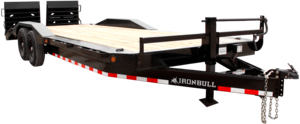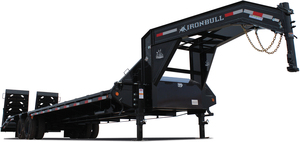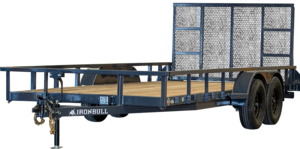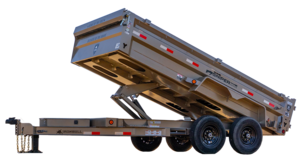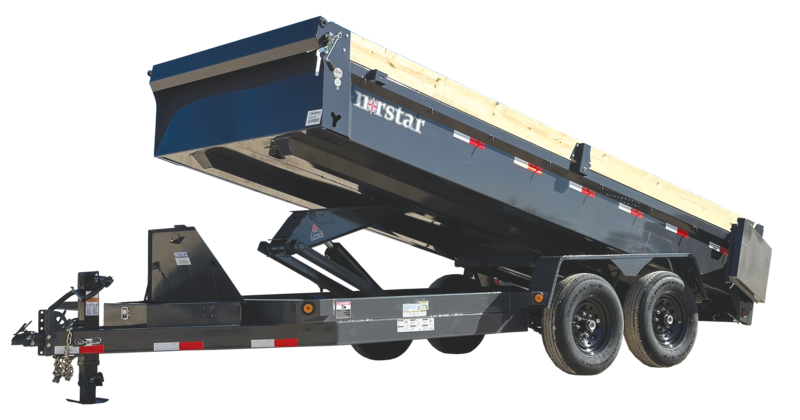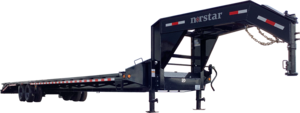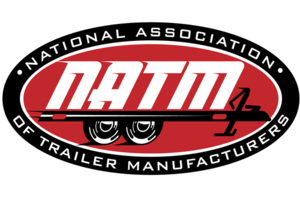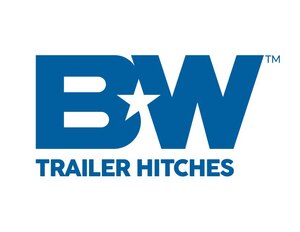Winter Safety Tips
Winter Safety Tips
• Winter tires provide better traction on icy or snowy roads, helping you maintain control during challenging weather. Well-maintained brakes are essential for safe stopping, especially in wet or slippery conditions. And don’t forget to check your lights—proper visibility is key when driving in low-light or foggy conditions. A quick check-up now can save you from trouble later, keeping you safe and your trailer in top shape all winter long.
• Proper load balance is crucial for safe towing, especially on slippery winter roads. Distribute the weight of your cargo evenly across your trailer to maintain stability and prevent swaying. An unbalanced load can cause your trailer to shift or fishtail, making it difficult to control and increasing the risk of accidents. On icy or wet roads, this becomes even more dangerous. Ensuring even weight distribution helps keep your trailer aligned with your vehicle, providing better handling and traction. This simple precaution enhances safety and gives you more control, no matter the road conditions.
• When towing a trailer, especially in winter or on wet, slippery roads, driving at reduced speeds is essential for maintaining control. Lower speeds give you more time to react to unexpected situations, such as sudden stops, turns, or road hazards. Additionally, trailers take longer to stop, so increasing your following distance is crucial. By leaving extra space between you and the vehicle ahead, you reduce the risk of rear-end collisions and allow more room for braking, especially in icy or snowy conditions. These simple adjustments can significantly improve safety and prevent accidents when towing in challenging weather.
• Before heading out on any trip with your trailer, it's essential to check the weather forecast to ensure you're not driving into hazardous conditions. Winter weather can change rapidly, with snow, ice, and freezing rain creating dangerous road conditions that make towing more difficult. By staying informed, you can plan your route accordingly or even delay your trip to avoid unsafe driving conditions like heavy snowfall or icy roads. Avoiding these risks helps protect both your trailer and your cargo while ensuring your safety. A few minutes spent reviewing the weather forecast can save you from unexpected delays, accidents, or breakdowns on the road.
• Trailers add significant weight to your vehicle, increasing your stopping distance, particularly on icy or wet surfaces. By applying the brakes gradually and well in advance, you give your tires more time to grip the road, reducing the risk of locking them up and skidding. Abrupt or hard braking can cause both your vehicle and trailer to lose traction, leading to dangerous situations like fishtailing or jackknifing. Taking a careful, early approach to braking ensures smoother stops, helps prevent skidding, and keeps you and your load safe in challenging driving conditions.
• Maintaining clean and fully functioning lights and reflectors is essential for safe towing, especially in low visibility conditions such as fog, rain, snow, or during nighttime driving. Dirty or malfunctioning lights can significantly reduce your visibility to other drivers, increasing the risk of accidents. Regularly cleaning your headlights, taillights, and reflectors ensures they are bright and easily visible, helping other vehicles see you and your trailer on the road. Additionally, ensure all lights are in proper working order—brake lights, turn signals, and hazard lights are crucial for communicating your intentions to drivers around you. This simple maintenance step enhances your safety and that of others, making sure you're always visible, even in the worst weather conditions.
• When towing a trailer, especially during long trips or in winter weather, it’s important to be prepared for the unexpected by carrying essential supplies. Blankets can provide warmth if you’re stranded or delayed in cold conditions, while snacks and water keep you energized and hydrated in case of an extended wait. Basic tools, such as a jack, tire iron, and wrench set, are crucial for making quick repairs, such as changing a flat tire or tightening loose parts. Additionally, a flashlight, extra batteries, and a first aid kit are helpful in emergencies. Being well-prepared with these essentials ensures you’re ready to handle any situation that may arise, whether it's a breakdown or unexpected delays, keeping you and your passengers safe and comfortable on the road.




